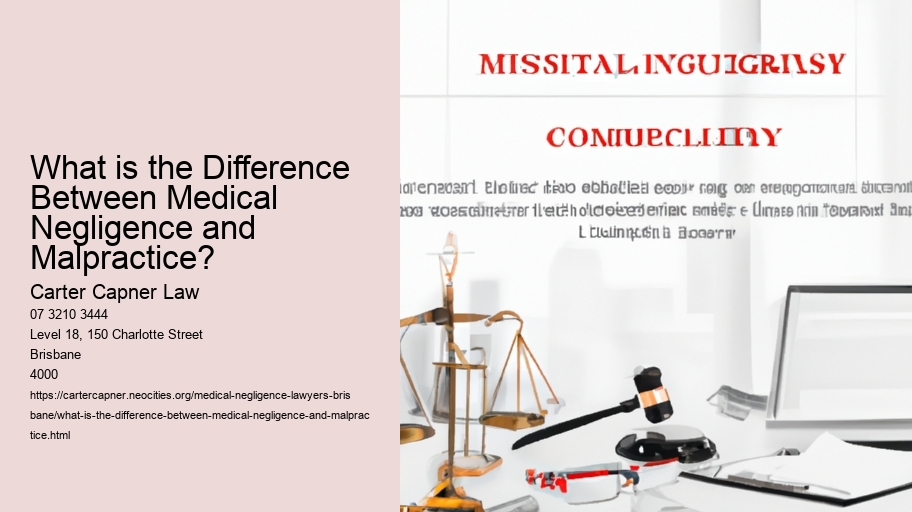Medical negligence and malpractice are two terms often used interchangeably, but there are key differences between the two. Though they both involve medical care that falls below accepted standards, negligence is an act of omission whereas malpractice is an act of commission. (In other words,) Negligence occurs when a health-care provider fails to correctly perform their job duties, while malpractice is when a healthcare professional deliberately acts in a wrongful or negligent manner.
There's also a difference in the potential outcomes for each: Negligence typically results in harm with no malicious intent, whereas malpractice often carries damages due to the intentional nature of the act. For example, if a doctor incorrectly diagnosed your illness as being harmless when it was actually serious, this could be negligence. But if a doctor prescribed treatment knowing full well it would cause injury or death – that would be considered malpractice.
Moreover, the legal burden of proof for each case varies significantly! In cases involving medical negligence, plaintiffs must prove that the doctor provided substandard care which resulted in some form of harm; however, proving malpractice requires evidence showing that the action was not only wrong but also intentional on behalf of the medical practitioner and/or institution.
What is the Difference Between Medical Negligence and Malpractice? .
In conclusion, though these two terms may seem similar at first glance – there are distinct principles underlying them and any associated claims against health-care providers have very different requirements to be successful! It's important to understand these distinctions before pursuing either type of claim against your health-care provider.
